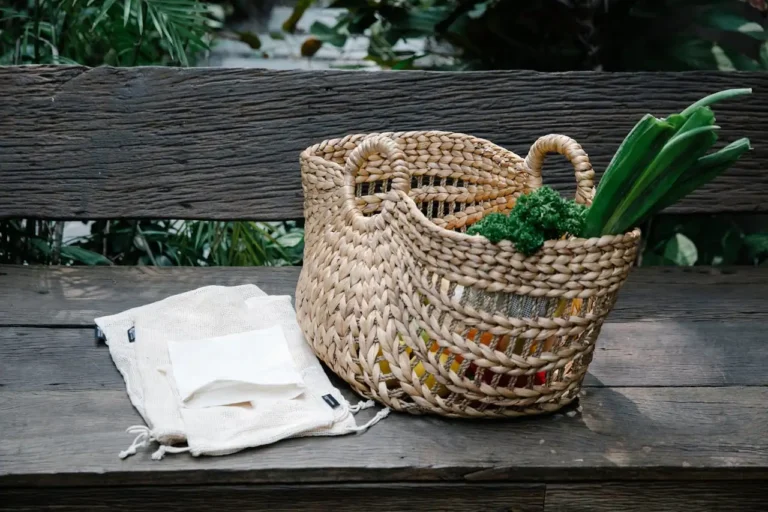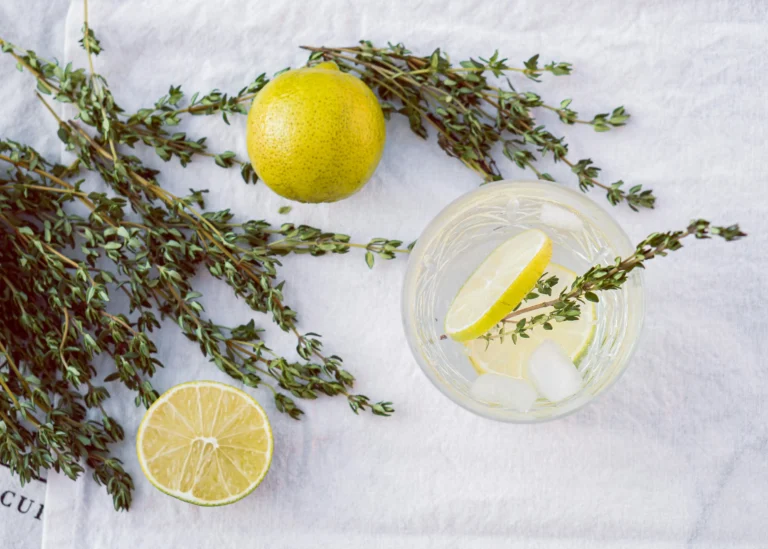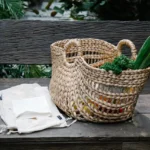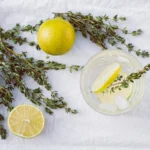Thyme: A Versatile Herb with Culinary and Medicinal Magic”
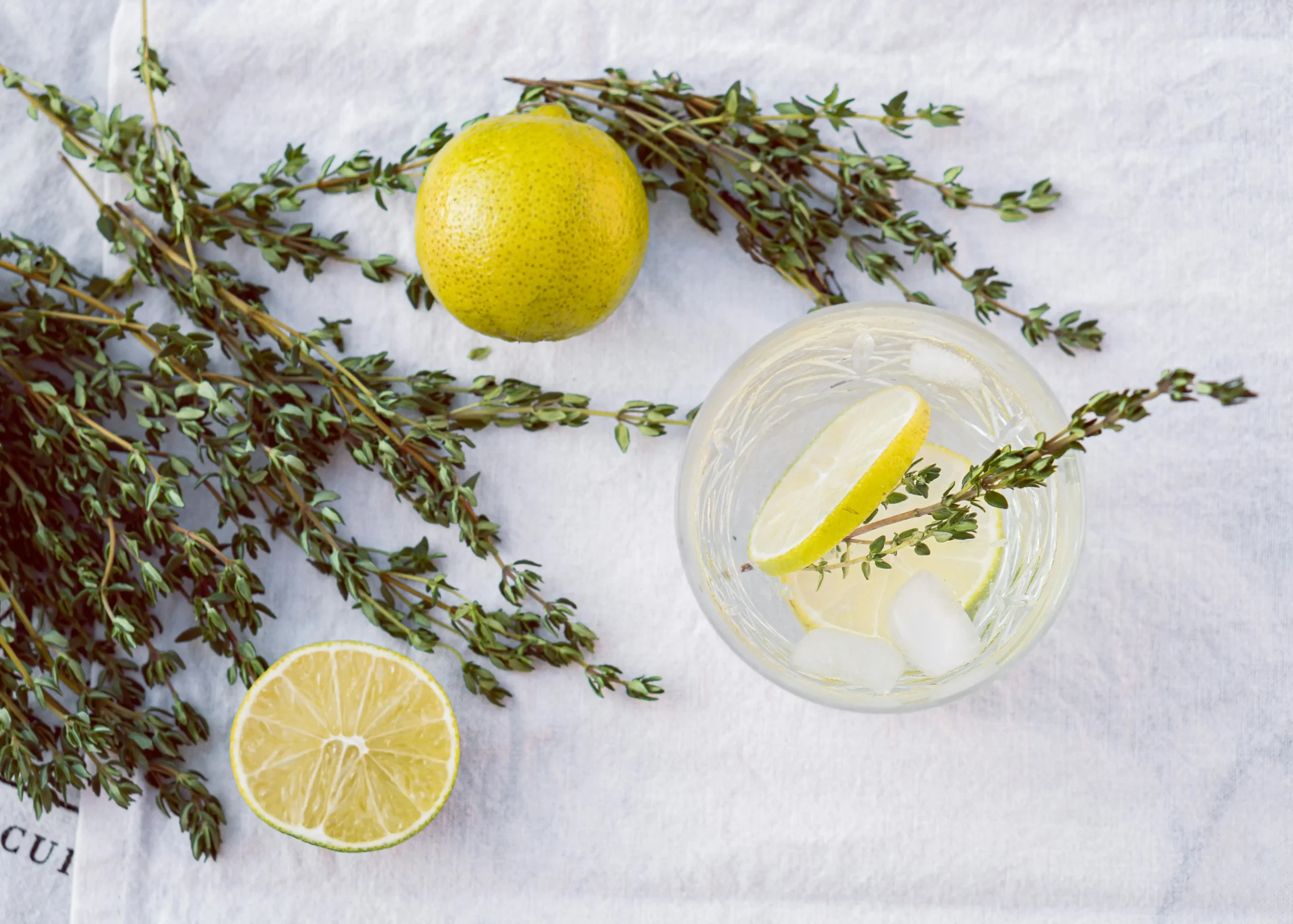
The use of thyme is varied and diverse, and this aromatic plant is appreciated not only for its unique taste but also for its therapeutic and preservative properties. Here’s a detailed description of thyme usage:
Culinary:
- Seasoning: Thyme is widely used as a seasoning in the kitchen, adding a distinct taste and aroma to dishes. It is used fresh or dried and can be added to a variety of dishes such as soups, stews, sauces, grills, salads, and more.
- Preservation: Due to its antimicrobial properties, thyme is used in food preservation, especially for meat. Adding thyme to marinades or during the preservation process can help extend the shelf life of foods and prevent spoilage.
Medicinal:
- Antioxidant properties: Thyme is rich in antioxidants, which fight against free radicals in the body and can help reduce the risk of chronic diseases such as heart disease and cancer.
- Anti-inflammatory properties: Thyme oil and its extracts have been used in traditional medicine to treat inflammation and joint pain.
- Antimicrobial effects: Thyme contains compounds with antimicrobial properties, which can help fight bacteria and fungi in the body and contribute to maintaining the health of the digestive system.
Cosmetics:
- Skin care products: Thyme essential oil is often used in cosmetic products due to its antibacterial properties and pleasant aroma. It is added to soaps, lotions, and other skin care products to help cleanse and soothe the skin.
- Hair care products: Due to its ability to stimulate blood circulation in the scalp, thyme is often used in shampoos and other hair care products to promote healthy hair growth.
Gardening use:
- Companion plants: Thyme is often planted in gardens alongside other plants to repel pests and improve their taste and growth.
- Attracts pollinators: Thyme flowers are appreciated by bees and other pollinating insects, making it useful in gardens to attract these beneficial insects.
Culture and tradition:
- Cultural symbolism: Thyme has been used in the traditions and mythologies of many cultures throughout history. It is associated with virtues such as courage and purity and is often used in ceremonies and rituals.
In conclusion, thyme is a versatile and valuable plant used in cooking, medicine, cosmetics, and gardening, and its benefits are appreciated worldwide.

